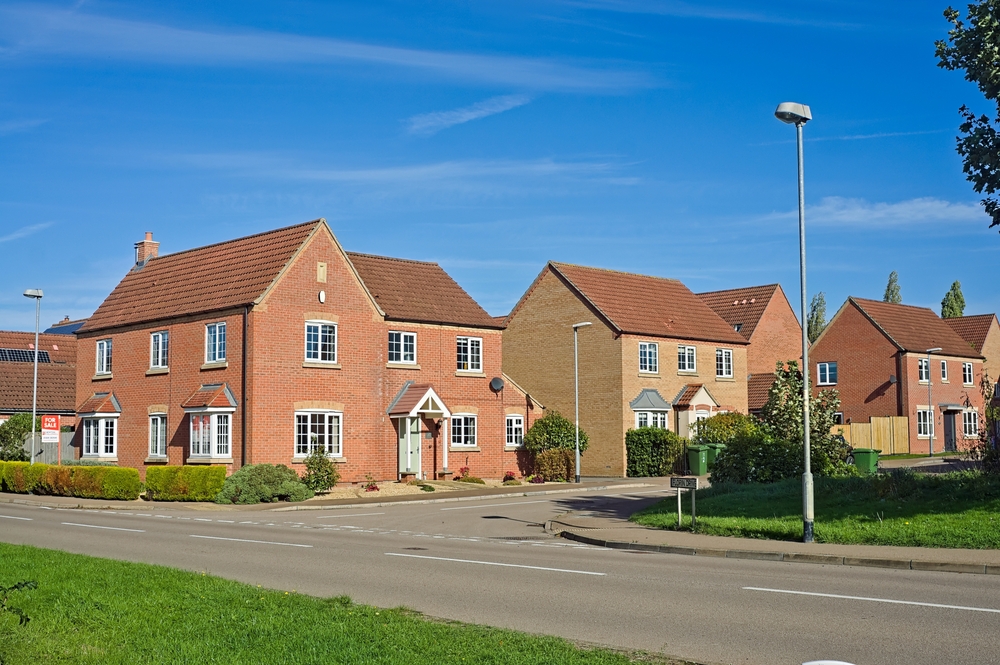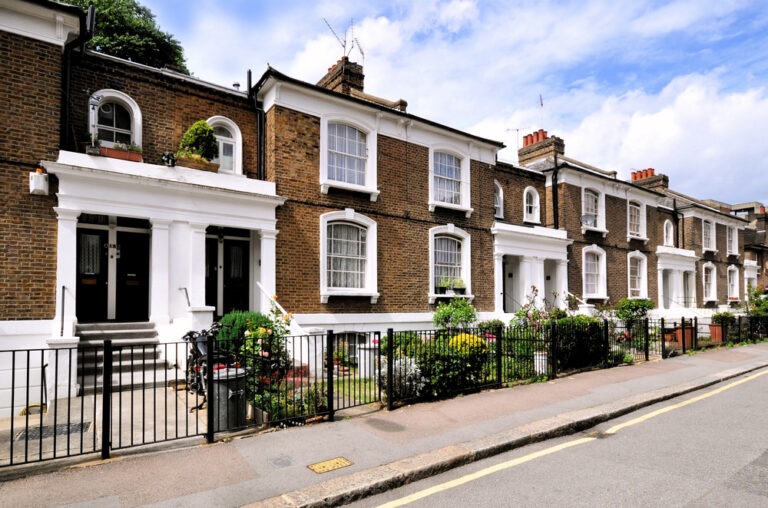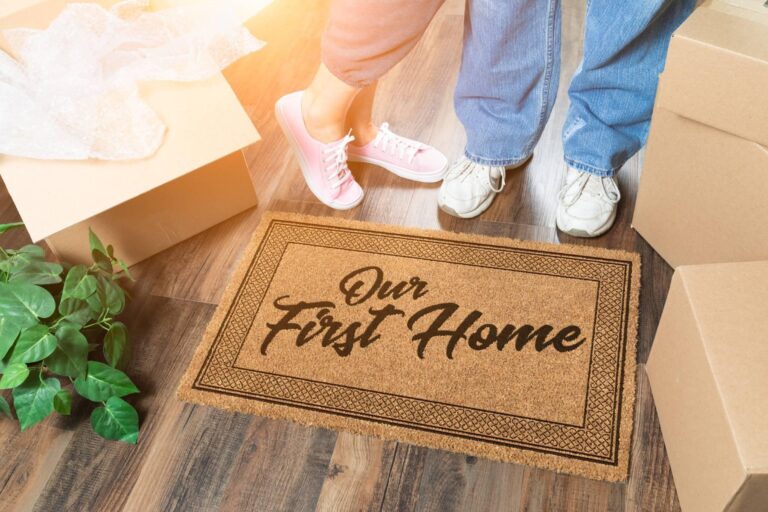While property repossession might sound serious, for buyers it can offer a valuable chance to purchase a home at a competitive price, especially with the right guidance. If you’re hoping to find a potential bargain or just want to get a clearer picture of how it all works, this guide explains what happens during a mortgage repossession, the pros and cons of buying a repossessed home, and what to consider if you’re exploring this route as a buyer.
See our latest properties for sale
What happens in a home repossession?
Repossession happens when a homeowner falls behind on their mortgage repayments and is unable to catch up. As a last resort, the lender applies to the court to repossess the property and recover their financial losses.
The mortgage repossession process begins with several warning letters and payment reminders. If payments aren’t made, the lender will eventually take legal action. Once the court grants a possession order, the homeowner may be evicted, and the property is then put on the market, often via auction or an estate agency that handles repossession sales.
At this point, buyers may ask, “Can you buy repossessed houses?” The answer is yes, but it’s essential to understand what you’re getting into and how the process works differently from a standard sale.
Related: Stamp duty on second homes: what buyers need to know
Pros of buying a repossessed home
Buying a repossessed property can have several advantages, especially for buyers with flexibility and a willingness to act quickly:
- Potential for a lower price: Repossessed homes are usually priced to sell, sometimes below market value, because lenders want to recover their money quickly.
- No upward chain: Since the lender is selling, there’s no onward purchase to hold up the transaction.
- Faster transactions: In many cases, the process can be faster than a traditional sale, ideal for those looking to move quickly or invest.
If you want to enter the market with a budget-conscious mindset, repossession mortgages provide a helpful path, especially for first-time buyers or investors.
Cons of buying a repossessed home
While there can be good deals to be had, it’s essential to go in with complete information. Here are some drawbacks to be aware of:
- Sold as seen: Repossessed homes are often sold in their current condition, with no guarantees or disclosures. You’ll need to factor in the cost of repairs or renovations.
- Limited access to property information: You may not receive much detail about the home’s history, previous issues, or improvements.
- Risk of vandalism or neglect: Properties that have been unoccupied for some time can suffer from neglect and in some unfortunate cases, deliberate damage by previous owners.
- Potential for last-minute bids: Repossessed properties may remain on the market until contracts are exchanged, leaving room for late offers from other buyers.
So, is buying a repossessed house a good idea? It can be if you’re well-prepared, carry out a thorough survey, and stay realistic about what’s involved.
The buying process: what you need to know
If you’re considering purchasing a repossessed property, here’s a quick rundown of what the process might look like:
- Find a repossessed property – These are often listed through estate agents or auction houses. Some lenders also work with specific selling agents.
- Act quickly – The seller (usually a bank or building society) will want a swift sale. Have your finances in place and be ready to move fast.
- Get a thorough survey – As the property is sold “as seen,” a full structural survey is essential to find potential issues.
- Have a solicitor ready – Choose someone experienced in repossession purchases, as the paperwork can differ from standard sales.
- Be aware of late bids – Even after your offer is accepted, the seller may accept higher offers until contracts are exchanged. This can create uncertainty.
Related: What happens on completion day? A buyer’s guide
Can I get a mortgage with a repossession on my record?
If you’re a buyer with a past repossession, securing another mortgage can be more difficult, but not impossible. Lenders will consider how long ago the repossession took place, your credit score, and whether you’ve demonstrated financial stability since then.
Specialist lenders may be more open to offering repossession mortgages, though you may face higher interest rates or be required to put down a larger deposit. It’s a good idea to work with a mortgage broker who understands the nuances of these applications and can find the most suitable lenders for your situation.
Buying with insight
Buying a repossessed property can be worthwhile, whether you’re looking for a potential deal or planning your next investment. However, it’s essential to understand both the opportunities and the risks. Preparation is key, from navigating the mortgage repossession process to knowing what to expect from the property itself.
If you’re asking yourself, “Can you buy repossessed houses, and is buying a repossessed house a good idea?”- the answer depends on your goals, resources, and appetite for a challenge.
At Ellis & Co, we’re here to support buyers across all areas of the property market. Whether you’re exploring repossessions or want advice on your next steps, our local experts are ready to help you make informed, confident decisions.








